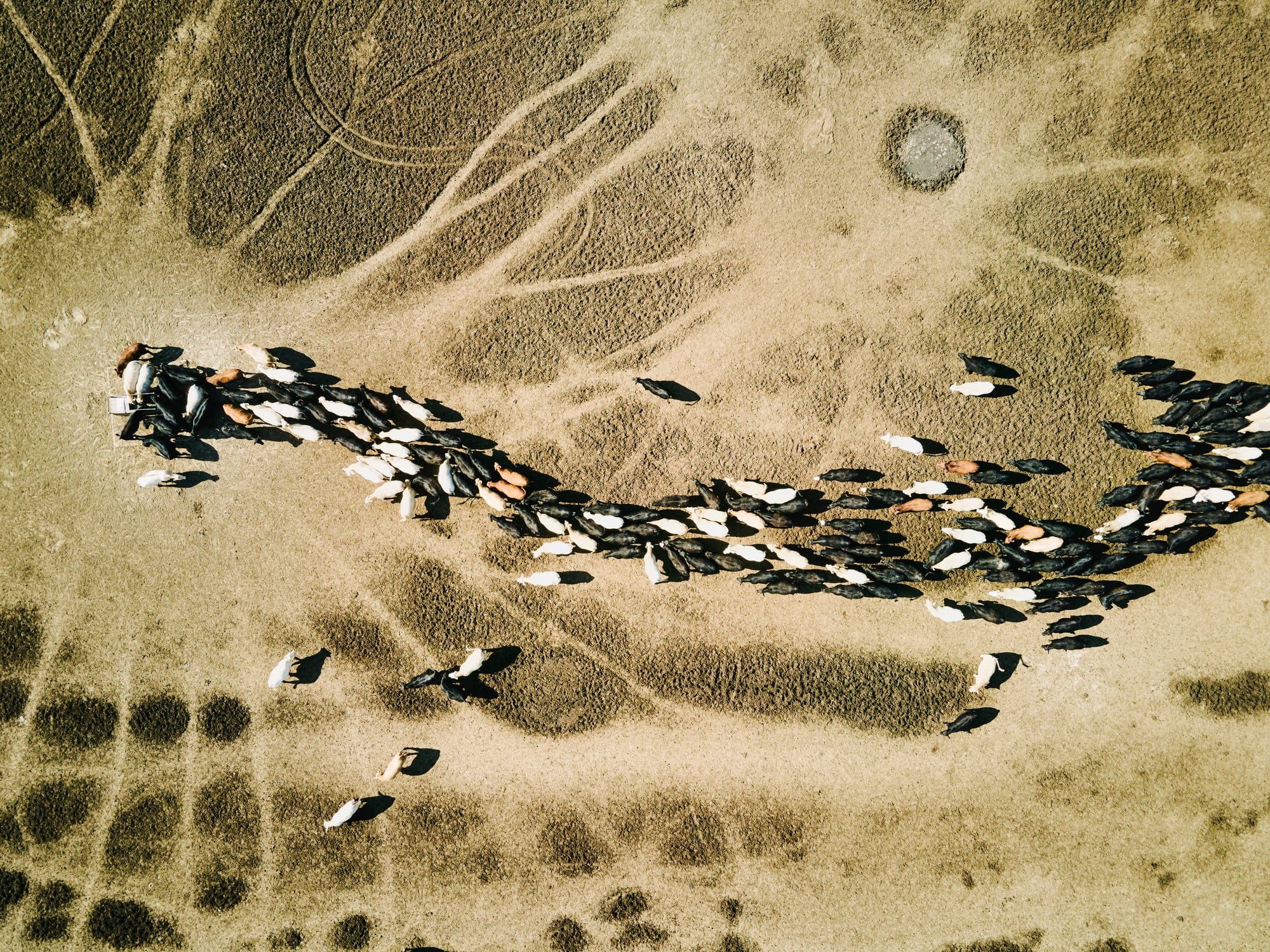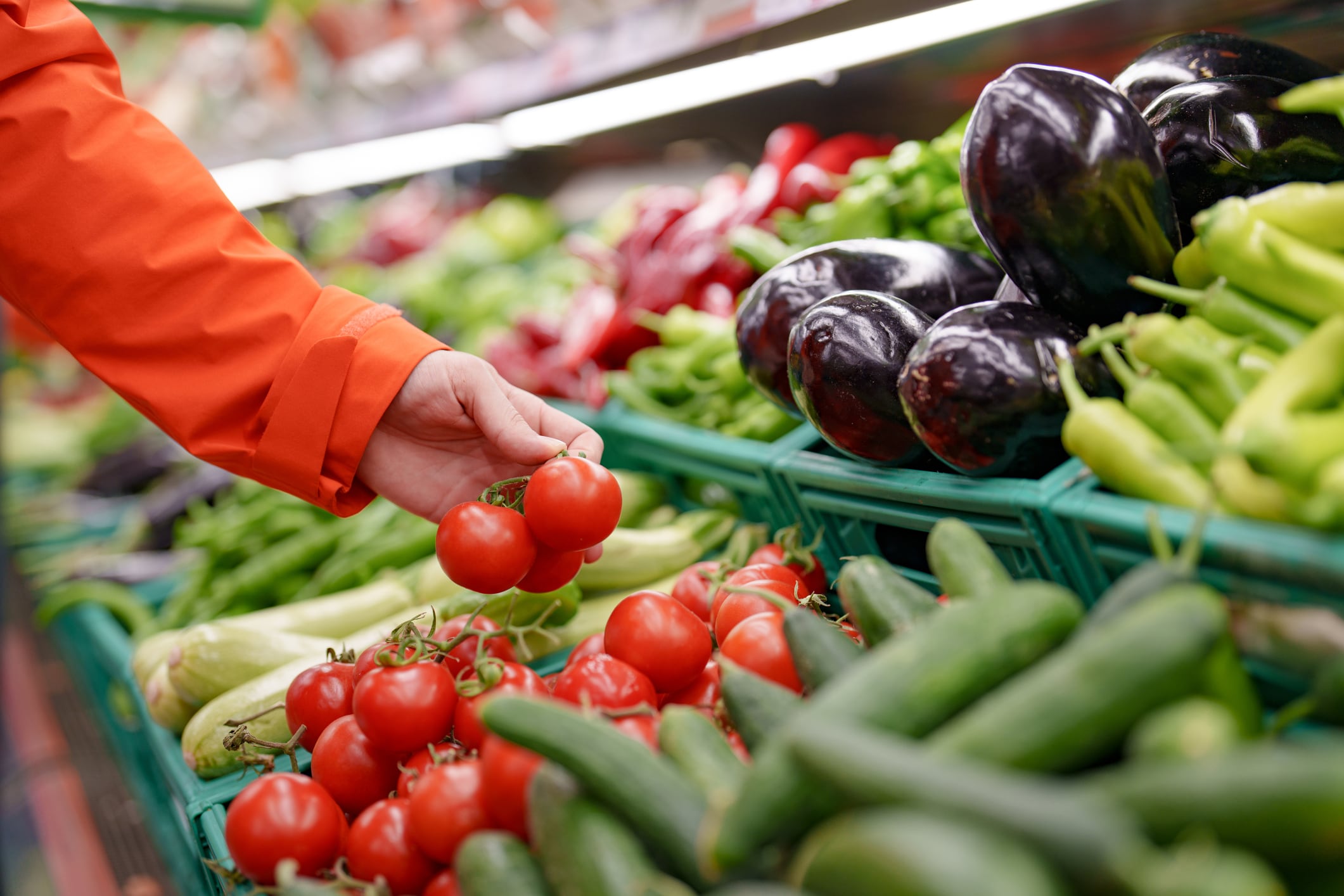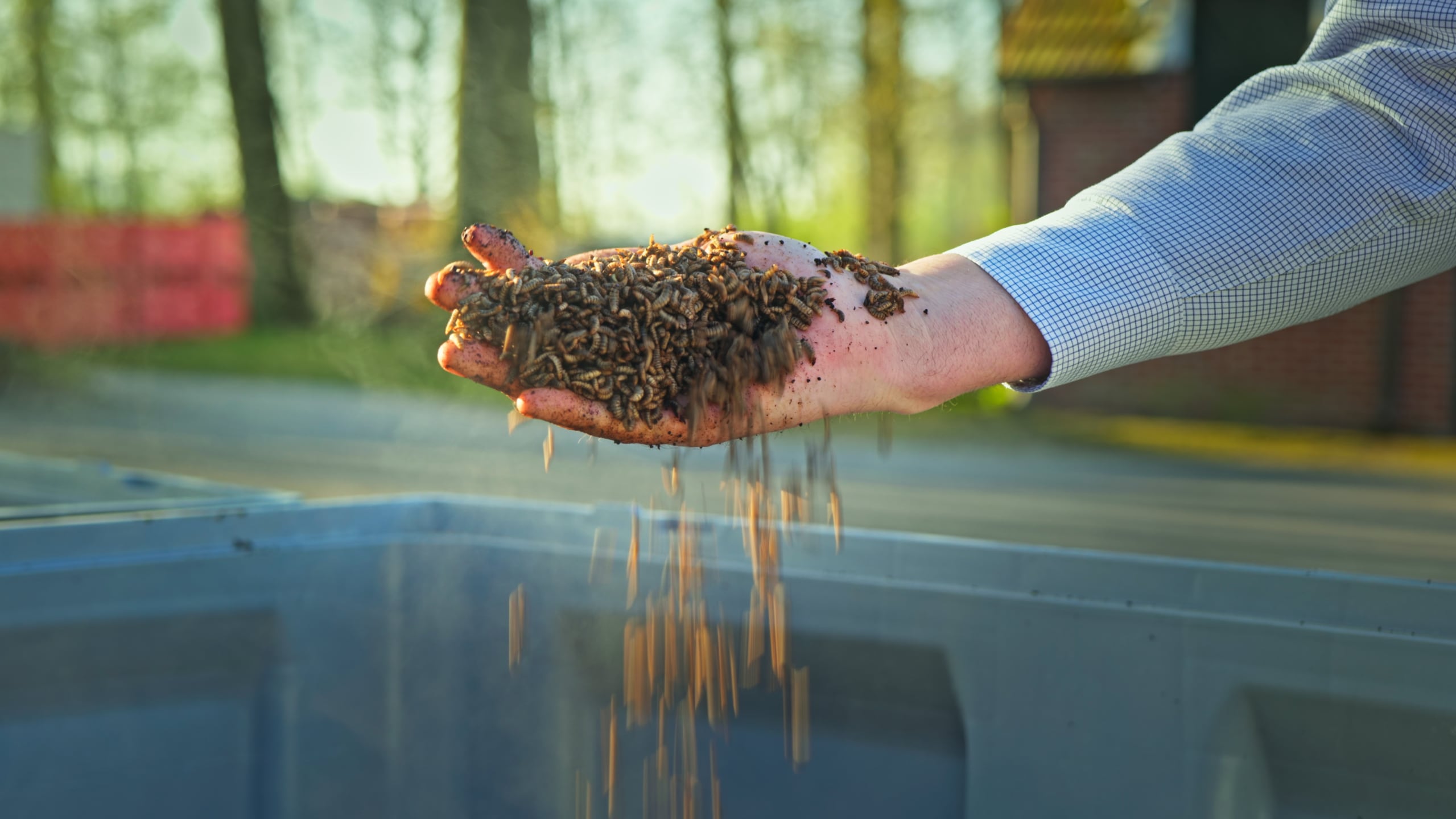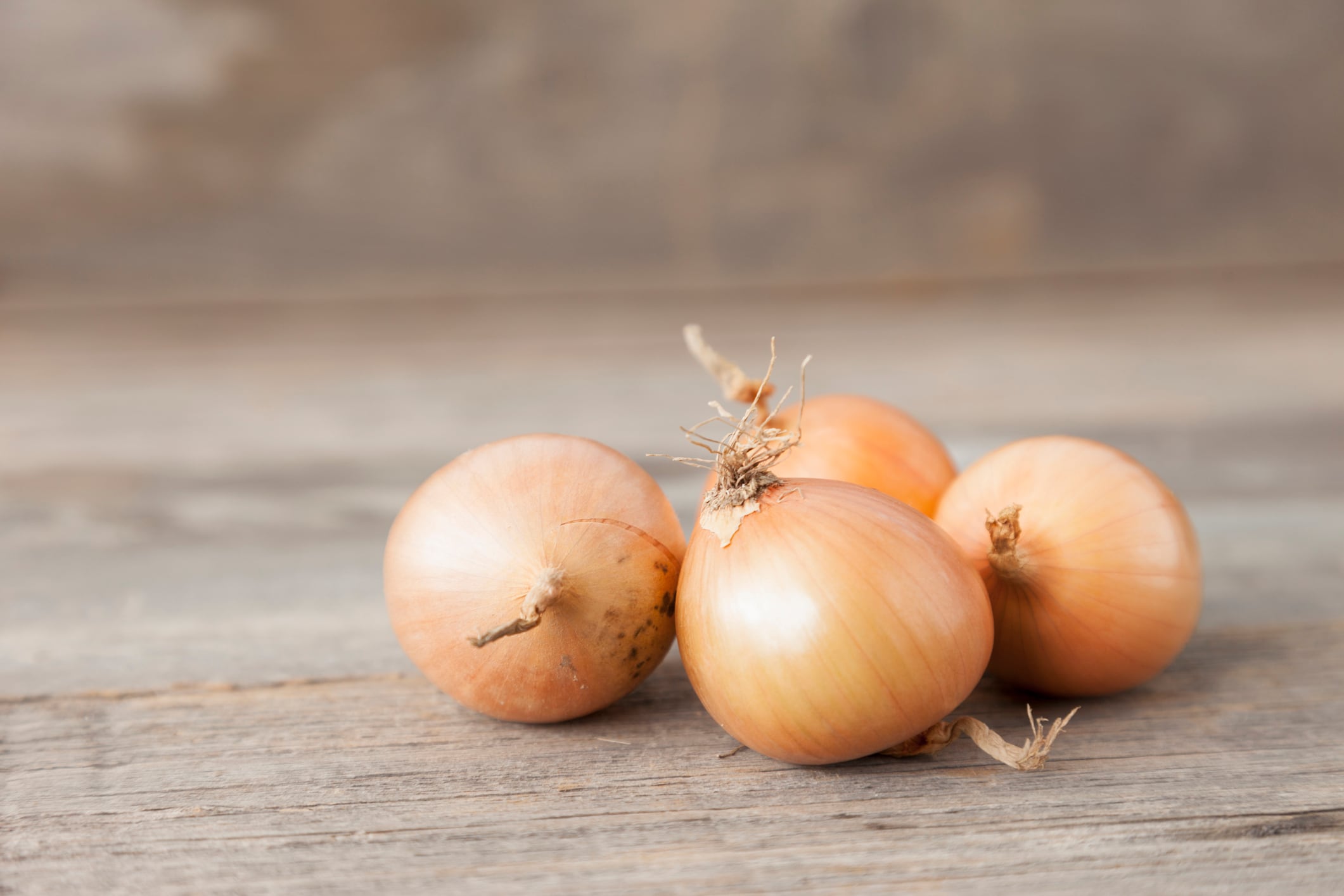The start-up is based in Singapore and was part of the ENGIE Factory program by the ENGIE Group, a French energy company.
“At Verta, we’re creating a biomass pellet that’s set to replace all coal in the industry. It’s made from agricultural and livestock waste, leveraging on the technology from ENGIE Group, as well as their expertise in managing livestock waste,” said Jeremy Tan, co-founder and CEO of Verta Bioenergy.
Verta was one of the 10 finalists of the Future Food Asia awards this year in Singapore. It is currently raising funds to expand and scale.
The priority for the company is the Philippines, where it has focused on in the last 10 months and has two major customers.
Tan said bringing sustainable fuel to the Philippines, one of the most coal dependant countries in South East Asia, was a priority.
“In the Philippines, more than 50% of their energy comes from coal. And they have to import coal, which makes it expensive. As a result, the downstream electricity price is high. We see a huge, urgent need for alternative fuels, cheaper fuels in the country,” said Tan.
Additionally, the Philippines is a major source of livestock waste, which the company can use to create its pellets.
“Livestock waste is under valorised. It’s also huge in volume and creates a lot of nuisances for the community and costs a lot to get rid of,” said Tan.
The company’s goal is to triple its production and eventually expand beyond the Philippines.
“Now, we are extremely focused on winning in the Philippines. It remains our key focus but there are other markets of interest in South East Asia, like in Indonesia, Vietnam, and Thailand,” said Tan.
‘The perfect blend’
Verta’s pellets can be tailored to a company’s technical needs, budget, and sustainability goals.
“A big part of what we do is that we can tailor specific pellets... Because different customers have different type of equipment and different needs. We can tweak the pellets by blending different feedstock, waste as well as additives so it becomes the perfect blend for them, not just on the cost, but quality and volume… We can also predict the level of emissions and factor that in as well,” Tan told AgTechNavigator.
In early trials, its biomass pellets have been able to reduce sulphur dioxide by 48%, carbon dioxide by 14%, and carbon monoxide by 33%.
Another major selling point of Verta’s biomass pellets is that it is more affordable than coal and its alternatives.
“There’s a lot of competition in the market, such as rice husk… when you make it a pellet, the eventual price becomes way more expensive than coal. Then, we have palm kernel shells which is expensive as well because there’s a lot of competing demand. Our pellets are the only biomass fuel that’s cheaper than coal,” said Tan.





